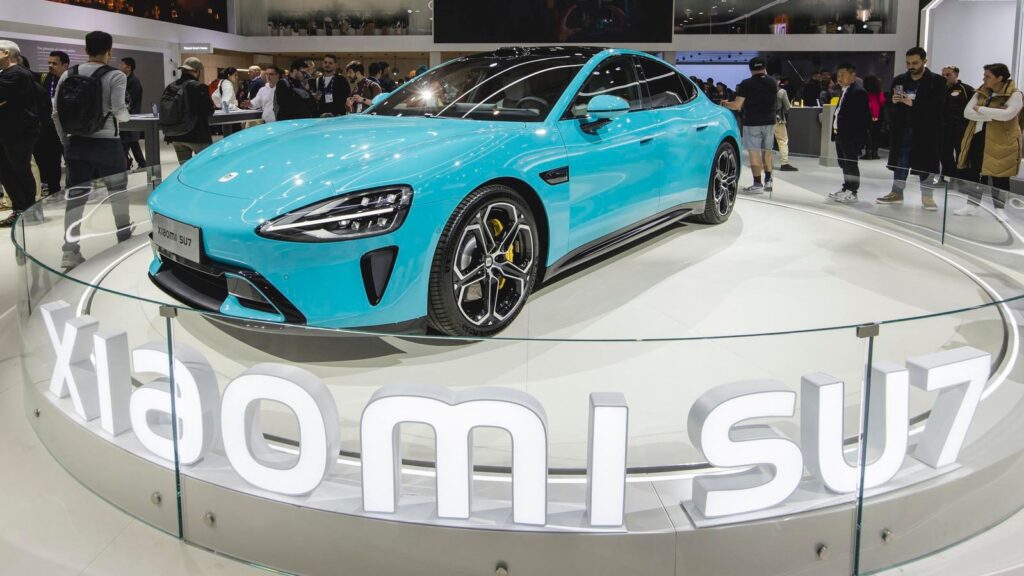
China’s Dominance in EVs is a Warning for U.S. Automakers
The rise of Chinese automakers and new players has significantly changed the car industry,” said Honda CEO Toshihiro Mibe, citing technological trends such as electrification at a Tokyo press conference. The Japanese executive was referencing the seismic shift taking place in the global automotive landscape, where Asian manufacturers are poised to expand aggressively.
Chinese companies like BYD are making inroads into Europe and the Middle East, while expanding their manufacturing presence in regions like Mexico. This aggressive expansion is not limited to these regions alone; Chinese players are eyeing the massive U.S. market as well.
The U.S. auto industry is facing a significant threat from these new players, particularly BYD. The company’s strategy of offering high-performance vehicles at affordable prices has resonated with consumers worldwide. BYD shipped its first order to Germany 10 months ago and has continued shipments since then. This marks a significant shift in the global automotive landscape.
Chinese companies have achieved this success by leveraging their government’s coordinated support for EV development, which has allowed them to create an end-to-end ecosystem for electric vehicle production. From mining rare earth minerals to building charging stations nationwide, China’s well-coordinated strategy has slashed costs and boosted consumer adoption.
In contrast, U.S. automakers are struggling to adapt to the changing landscape. Supply chain constraints, higher labor costs, and limited government support have hampered their ability to compete effectively in this space. As a result, they are now forced to re-evaluate their strategy in order to maintain market share.
As I mentioned earlier, American companies such as General Motors (GM) and Ford have been under pressure from rising costs, supply chain issues, and a lack of government support. This is evident in the fact that both companies plan to cut jobs to save on expenses.
For instance, GM has announced plans to cut approximately 3,000 jobs this year, with the goal of saving $2 billion. Ford has already reduced its workforce by 4,000 in Europe.
The rise of Chinese automakers and new players in the industry is a warning for U.S. automakers. The success of companies like BYD has been made possible by their government’s coordinated support for EV development.
Source: www.forbes.com


